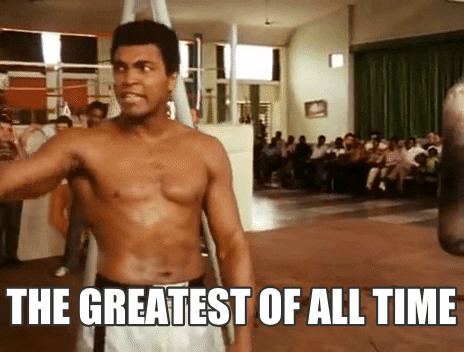
Muhammad Ali was "The People's Champ"!
He was a larger than life sports hero known not just for his champion boxing skills. He took his fight outside of the ring to advocate for human rights and freedom of expression.
What lessons can we learn from the life of Muhammad Ali?
Be On The Right Side Of History
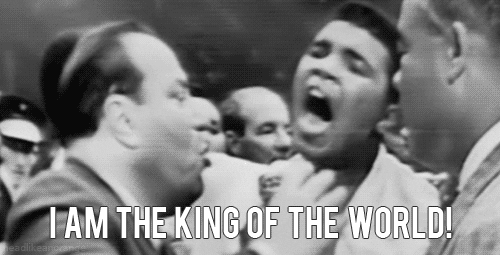 In the 1960s, young Cassius Clay had it all.
In the 1960s, young Cassius Clay had it all.
He was a rising star in the boxing world and had nowhere to go but up. But he saw many injustices happening in the USA and the world, and he wanted to fight for causes that would place him on the right side of history.
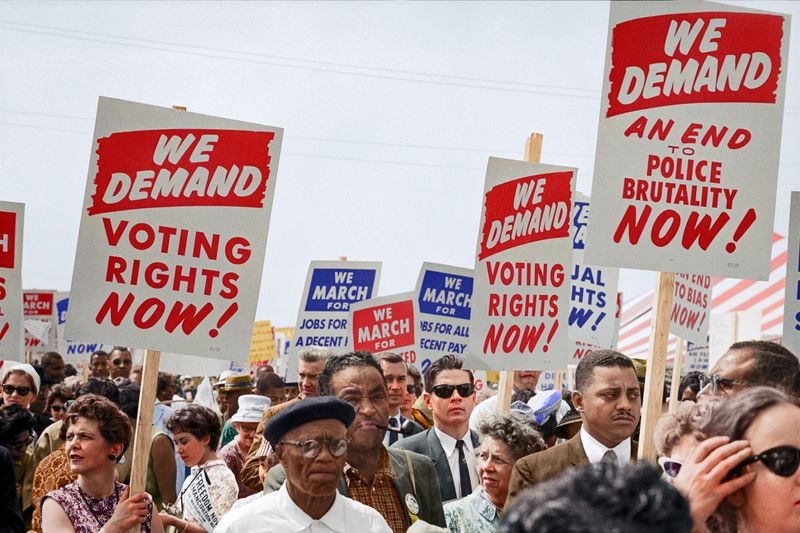 Photo by Unseen Histories on Unsplash
Photo by Unseen Histories on UnsplashCivil Rights
While slavery ended a hundred years earlier, racial segregation and other discriminatory laws still existed.
As African Americans and their allies fought for equal rights for all people and Black liberation, they continued to face discrimination and violence from the police and racist groups.
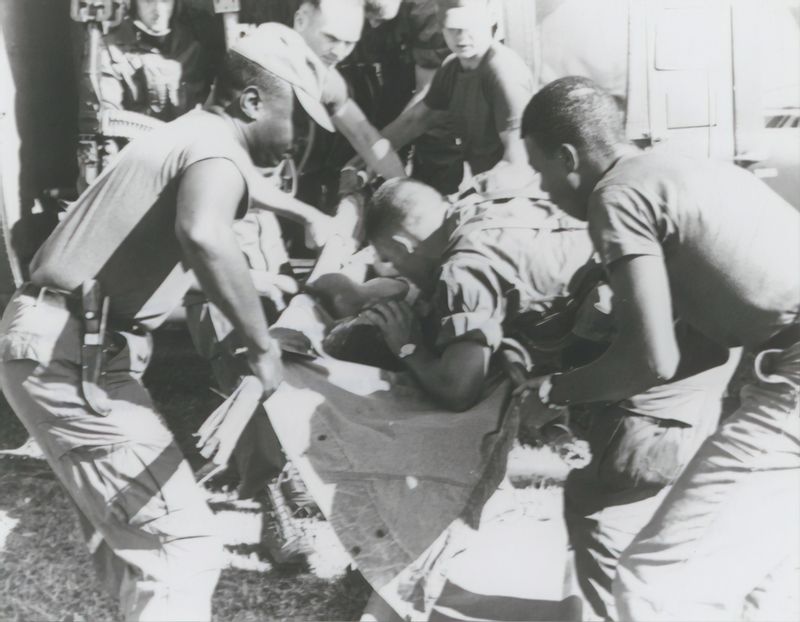 Photo by The New York Public Library on Unsplash
Photo by The New York Public Library on UnsplashThe Vietnam War
The US sent troops to Vietnam to intervene in a civil war. Many young Black men were drafted to fight in a war that many people saw as unjust. A growing anti-war movement took to the streets to protest the US presence in Vietnam.
Take A Stand
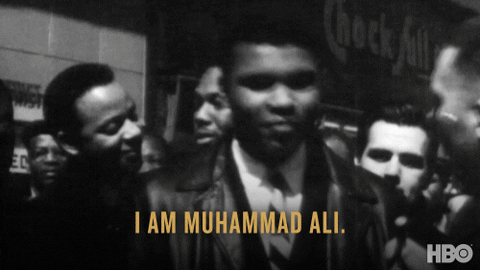
The times changed, and so did he.
In 1964, he changed his name to Muhammad Ali to make a statement about racial justice. He renounced the name Cassius Clay as a "slave name".
I didn't choose it and I don't want it. I am Muhammad Ali, a free name — it means beloved of God, and I insist people use it when people speak to me.
In 1967, when he was drafted by the US Army, he refused to serve in the Vietnam War.
No, I am not going ten thousand miles from home to help murder and burn another poor nation.
He risked his career, and even faced jail time for refusing to serve, but he took a stand for peace. He became a conscientious objector, which meant he opposed the war for moral reasons.
It has been said that I have two alternatives...either go to jail or go to the army. But I would like to say that there is another alternative. And that alternative, that alternative is justice.
His decision came at a great cost to his career and personal safety, but he felt his personal sacrifice was necessary because he wanted to lead by example.
Quiz
What consequences did Ali face for his decision to be a conscientious objector?
You're Free To Be Who You Want To Be
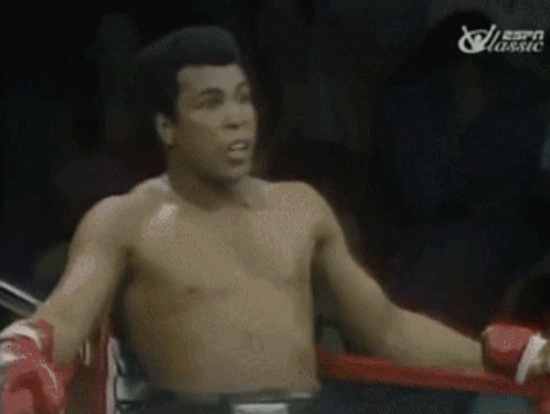
Ali let his unique personality shine in the ring and in public.
He was known for his creative rhymes and dances that taunted his opponents and won the admiration of fans.

It's no surprise that many rappers consider Ali an influence on their own careers.
Take Action
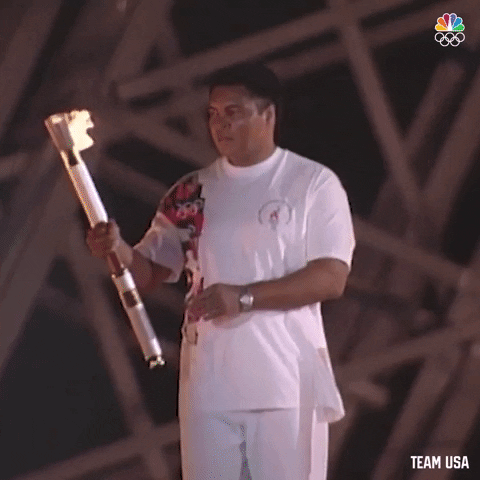
Are you ready to carry the torch?
You don't have to be a famous boxing champion to follow in Ali's footsteps. But you can make a huge impact on your community by being true to yourself and doing the right thing.
Check out these Bytes for more inspiration!
Your feedback matters to us.
This Byte helped me better understand the topic.
